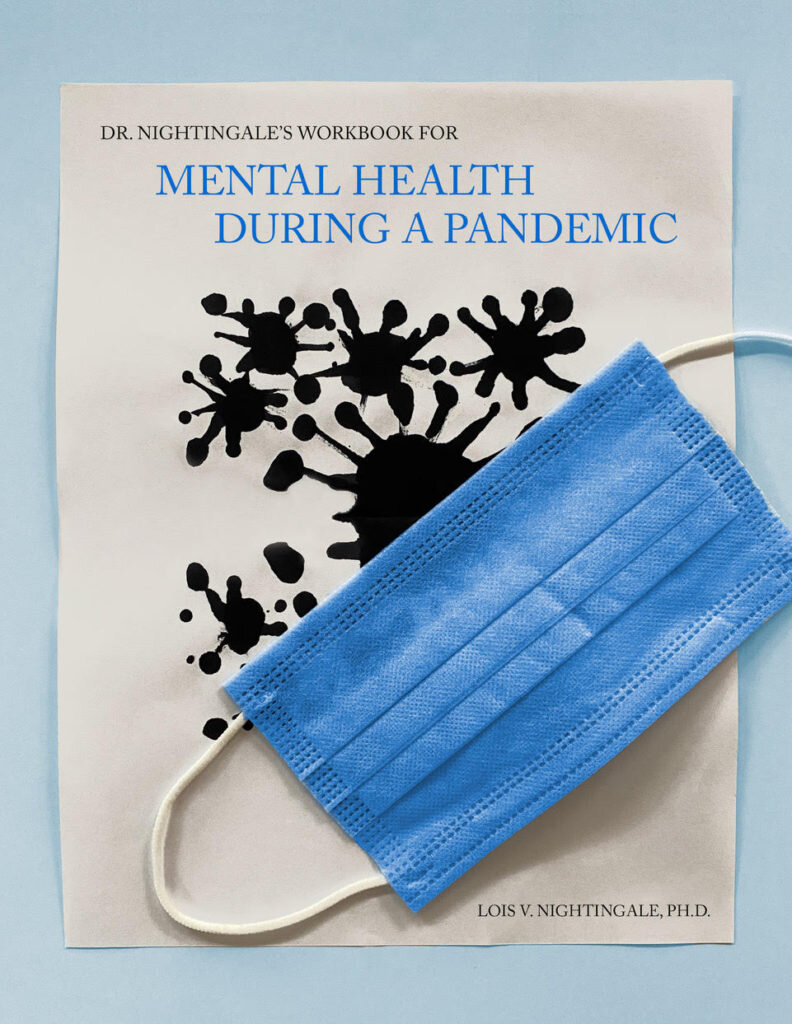15 Important Ways to Fight Depression at Home
Remember that feeling sad or experiencing grief is normal under unpredictable and potentially dangerous situations. Social distancing and coping with the fallout of a pandemic will cause uncomfortable feelings in most everyone. If you are able to look forward to better times and can find some in each day, your emotional discomfort may very well be within normal limits.
Acknowledge that depression and isolation feed on each other. When people are depressed, they tend to put less effort into connecting to others. When people are isolated, they tend to feel more depressed. It can become a vicious cycle. Those who have been struggling with depression before the social isolation imposed by the COVID-19 crisis, need to be extra vigilant and work at staying ahead of their depression.
Think about a difficult time you have already been through. Remember that you got through it. It did come to an end. And you still have the coping skills and strength you used back then inside you. Write a letter to yourself complimenting yourself for getting through that difficult time. Outline the strengths and courage you used then. Assure yourself that you will ride out this difficult circumstance as well.
Let someone know you are struggling. Tell a good friend, a relative, your doctor, call a warmline or NAMI or a therapist. Don’t suffer alone, reach out, there are many, many people who care and will be there for you. You have to reach out and make the initial self-disclosure and let them know. Even those who love you can’t always read your mind. If someone you’ve told hasn’t reacted in a helpful way, tell someone else. Don’t give up. Keep letting people know.
Put on music that makes you want to dance. Even if you don’t think you will like listening to lively music and it seems like too much effort, try it anyway. Music is one of the fastest ways to change your mood.
Send greetings, digitally or by snail mail. Reach out and encourage others, even if they haven’t reached out to you. Try not to keep score or lower yourself to others’ level of functioning. Send out written notes of encouragement and hope. Let others know you are thinking of them, even if you haven’t heard from them in a long time. Even thinking of lifting others up will help your own feelings of gloom.
Get outdoors for at least 30 minuets a day. With the social distancing mandates stay in areas where there aren’t many people. Watch nature. It always changes. The weather, the seasons, the sky, the tides, the moon, the temperature are always dynamic. Remember that even your sad emotions and your isolation will also change.
Keep a gratitude journal. Gratitude is very powerful. Read the research that supports how gratitude changes many negative states in the human mind. If you can only think of a few things to be grateful for, break each of those into 5 subcategories. For instance, if you are grateful for your pet, also list the playfulness, the companionship, the sense of being needed, the entertainment and exercise your pet brings you.
Explore something you have been curious about. Watch a YouTube video and learn a new skill. Learn how to: draw, organize your garage or closet, paint, build something, play the guitar or piano, do origami, yoga, cook, bake, or make a home repair. When you watch a video on a topic you thought you might be interested in, you may even find that there are other activities you may curious about.
Plant something. Work in your yard or plant a pot on your balcony. Watching something grow that you planted can create a sense of accomplishment and satisfaction. There is even some research to support that micronutrients in soil may help depression. Plant something that brings you joy, flowers or vegetables.
Laugh out loud every day, as many times as you can. Turn off the news for most of the day and watch comedians, Comedy Central, YouTube humorists, a funny movie or TV show. Be willing to find the humor in things. With enough time, pretty much any event will eventually have a humorous side.
Get enough sleep. Seven to nine hours for adults, nine to ten hours a night for children and teens. If you can’t get that much sleep at night, take naps. Sleep deprivation releases fight or flight chemicals and adds to feelings of distress. Meditate, rest, follow guided imagery videos or listen to breathing exercises on Sound Cloud and other internet sites. Give your body a break from the stress and rejuvenate. Sleep is essential.
Eat throughout the day. Don’t go long periods of time without eating. Eat a little something within a half hour of waking and every three hours throughout the day. The healthier and more low-processed the better. Eating a little protein when you do snack can help maintain your blood sugar as well, easing the mood swings that can accompany blood sugar drops.
Exercise. You knew this one was coming. As boring as it may seem, exercise is one of the best ways to address depression. Find something you like (or at least don’t hate) and start slowly. Even ten or twenty minuets a day can start to make a difference. Having an accountability, like an online personal trainer, can help keep you motivated and focused.
If you have been prescribed medication to treat your depression, be consistent in taking it and don’t go off medications without coordinating with your prescribing physician. If getting your prescriptions is more challenging during the pandemic call your physician and pharmacy for suggestions. Some health insurance companies will help by contacting the prescribing health professional, shipping medications or delivering them to your home.
Be kind to yourself. Some emotions change slowly. Give yourself credit if you notice even temporary elevations in your mood. Compliment yourself if you are able to make small changes. Over time even small changes can have a great effect. You will get through this.
Dr. Lois Nightingale PhD
Psychologist PSY9503
714-993-5343
Dr. Nightingale’s Workbook for Mental Health During a Pandemic
During times of stress and unpredictability mental health and serenity can be jeopardized. Most people have never experienced the kind of life-style changes and unpredictability that this pandemic has wrought. Watching the unrest on news, seeing the death toll increase every day, missing celebrations, even funerals, and being isolated from friends and family is taking a high toll on peoples’ piece of mind. Dr. Nightingale’s Mental Health During a Pandemic Workbook provides simple straight forward activities to support people who wish to work on their mental health and serenity during this time of unrest and uncertainty. This workbook is written to provide structure and coping skills for readers to participate in exercises that can assist them in creating peace of mind during this pandemic.This book can be used individually, in groups or with a therapist. It is intended to help focus and guide readers to develop skills and make it easy to keep track of their progress in applying the skills.




